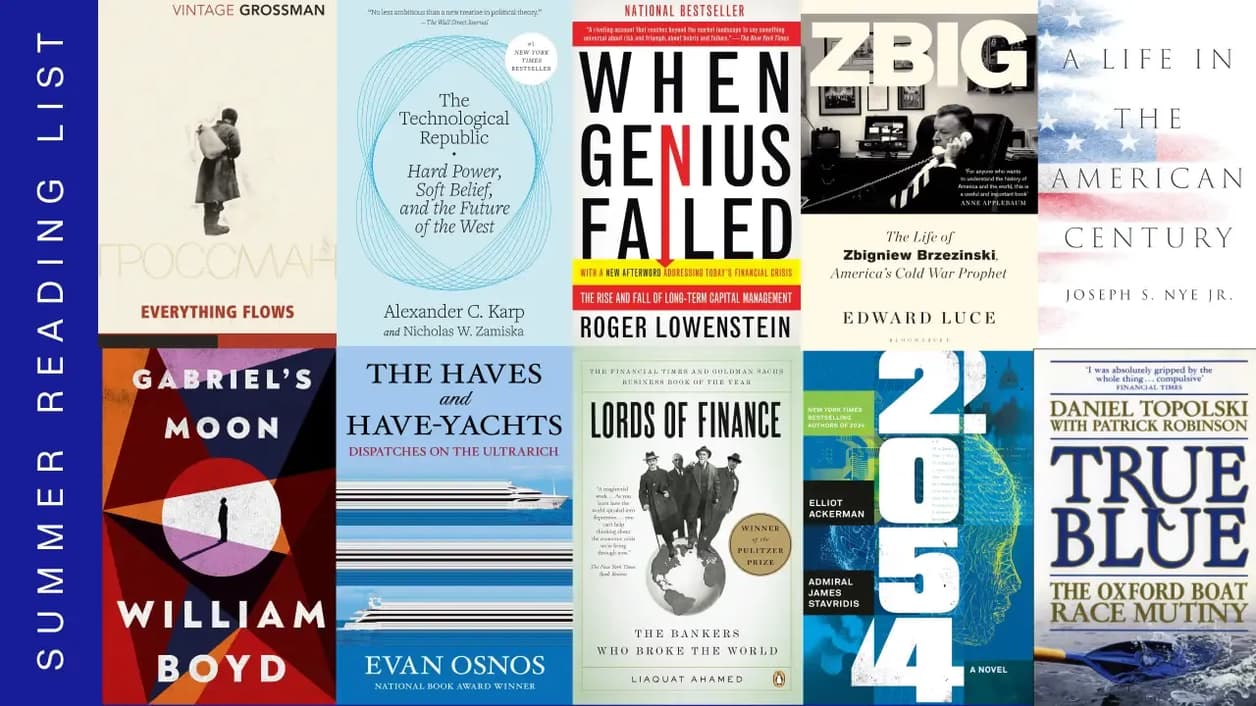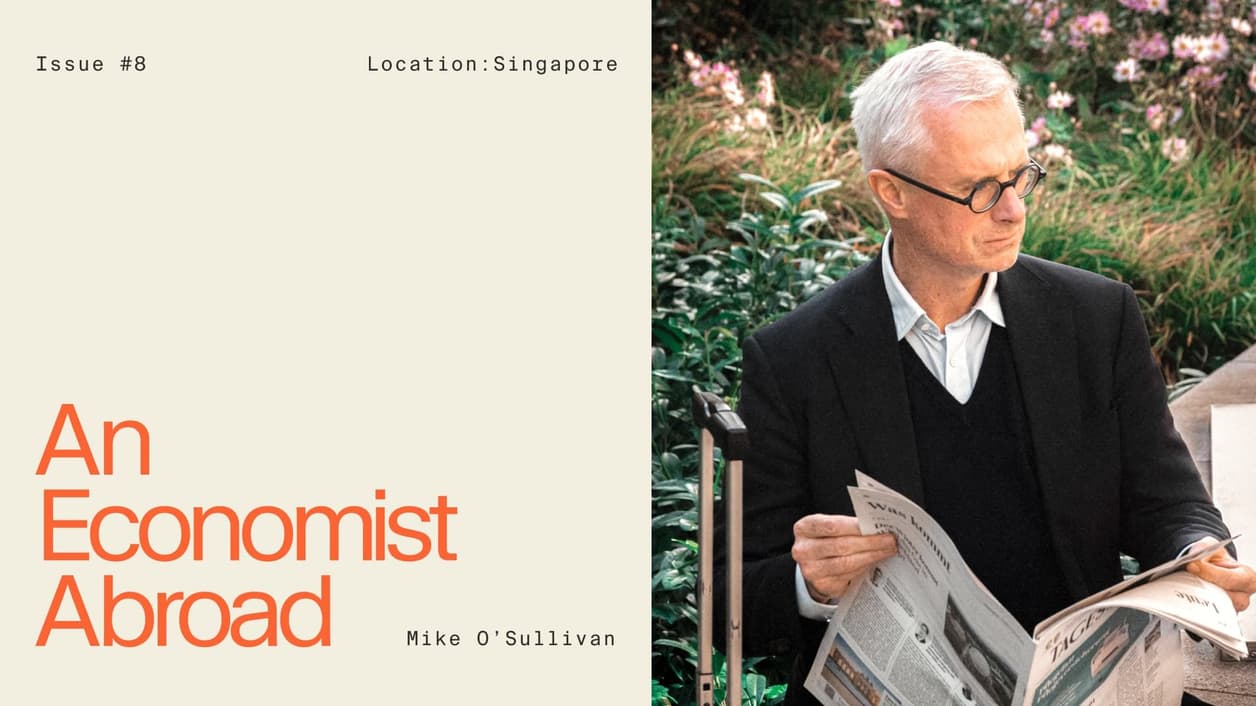
Key takeaways
- Securities laws in the US allow certain investment issuers to be exempt from public securities registrations if they limit their investments to either accredited investors or qualified purchasers and restrict the total number of investors as well.
- Accredited investors and qualified purchasers are defined by the Securities Acts of 1933 and 1940 respectively.
- Accredited investor qualifications include income, net worth and securities licensing, while qualified purchasers are only qualified by the size of their assets, which must be greater than $5 million.
- Investment issuers are responsible for determining whether potential investors are accredited or qualified purchasers.
Securities laws in the US define “accredited investors” or “qualified purchasers” as investors who can be expected to have the knowledge and means to handle the additional risks and higher capital requirements. Both are designations of investors that are permitted to invest in non-public investments.
The difference between the two is that accredited investors must meet certain income, net worth or securities licensing criteria, while a qualified purchaser must simply have more than $5 million to make a large investment.
Because the minimums for qualified purchasers are larger than the net worth qualifications for accredited investors, set at $1 million, all qualified purchasers essentially meet the requirements for accredited investors as well.
Both are designations of investors that are permitted to invest in non-public investments. Accredited investors are described in Regulation D of the Securities Act of 1933, and qualified purchasers are described in the Securities Act of 1940.
Reg D is a safe harbour provision of the ’33 Act that allows an investment fund to be exempt from the registration and disclosure requirements imposed upon issuers of public securities under certain conditions.
Two types of exemptions are available. A section 3(c)(1) exemption is for investments that are offered only to accredited investors and restricts the number of participants to 100 or 250 if the fund size is less than $10 million. A section 3(c)(7) exemption is for investments that accept only qualified purchasers and restrict the number to 2,000. Most private equity investments are issued as 3(c)(1) funds, which have fewer regulations than 3(c)(7) funds.
What is an accredited investor?
Let’s first look more in detail at what requirements define an accredited investor.
Entities such as registered brokers, dealers, advisors, insurance or investment companies are all considered accredited investors, as are banks, savings & loans, and family offices. Retirement plans or trusts with at least $5 million in assets are also considered to be accredited, as long as they were not initiated solely for the purpose of investing in a specific investment and they are directed by a “sophisticated person” — one who has knowledge and experience necessary to evaluate the merits and risks of the investment in question.
Directors, executive officers or general partners of the issuer of the securities being offered also qualify as being accredited.
Individual investors can also qualify as accredited but they have to meet one of the following criteria:
- A net worth in excess of $1 million which doesn’t include the value of a primary residence
- An annual income in excess of $200,000 or joint income in excess of $300,000 if married and filing jointly for the two most recent years, with a reasonable expectation of reaching this level in the current year
- A current Series 7, 62, or 65 licence — these are the most common US financial securities licences, issued and managed by the Financial Industry Regulatory Authority (FINRA). You can find more details about the specific licence here.
How to become an accredited investor?
There is no formal application to become an accredited investor, nor is there a government certification to that effect. The law essentially makes it the responsibility of the investment issuer to determine that its investors meet such criteria before allowing them to participate in one of their offerings.
Issuers, therefore, will ask investors to certify that they are accredited prior to investing, and in most cases prior to even receiving the investment offering documents. An issuer may require supporting documentation from the investor, such as tax returns, bank statements, brokerage statements or securities licence verification.
Do retirement accounts (IRA) count for accredited investors?
An IRA is legally a trust and is not a natural person, which means that the individual IRA owner’s financial status is used to determine if the IRA satisfies the accredited investor rules. IRA can therefore receive accredited investor status if all owners of the account meet the criteria. This is important because many self-directed IRAs invest in private equity or private placements that are only available to accredited investors.
Investment opportunities for accredited investors
Securities offered under Rule 506 of Regulation D of the Securities Act of 1933 are exempt from the regulations imposed by the Act as long as they are sold entirely to accredited investors (and, under certain circumstances, up to 35 “sophisticated investors”). Accredited investors can invest in buyout, growth and venture capital portfolio funds offered by Moonfare.
What is a qualified purchaser?
A qualified purchaser is defined as an investor who owns at least $5 million of investments or who invests an aggregate of at least $25 million on a discretionary basis for other qualified purchasers.
A trust with at least $5 million in assets can be considered a qualified investor if twoor more close family members like spouses and siblings own the trust or if it was not formed for the specific purpose of investing in a particular fund and its trustees are qualified purchasers.
How to become a qualified purchaser?
As with accredited investor status, there is no formal application to become an accredited investor, nor is there a government certification for it. It is the responsibility of the investment issuer to comply with the law by having investors certify to them that they are qualified purchasers.
Investment opportunities for qualified purchasers
Qualified purchasers are the highest level of investors defined by law. As such, they can participate in any type of investment available to them. Since qualified purchasers are also accredited, they can participate in any investment restricted to accredited investors only. In addition to the portfolio funds listed above, qualified purchasers can also invest in direct funds offered by Moonfare.

https://www.govinfo.gov/content/pkg/CFR-2021-title17-vol3/pdf/CFR-2021-title17-vol3-sec230-501.pdf



